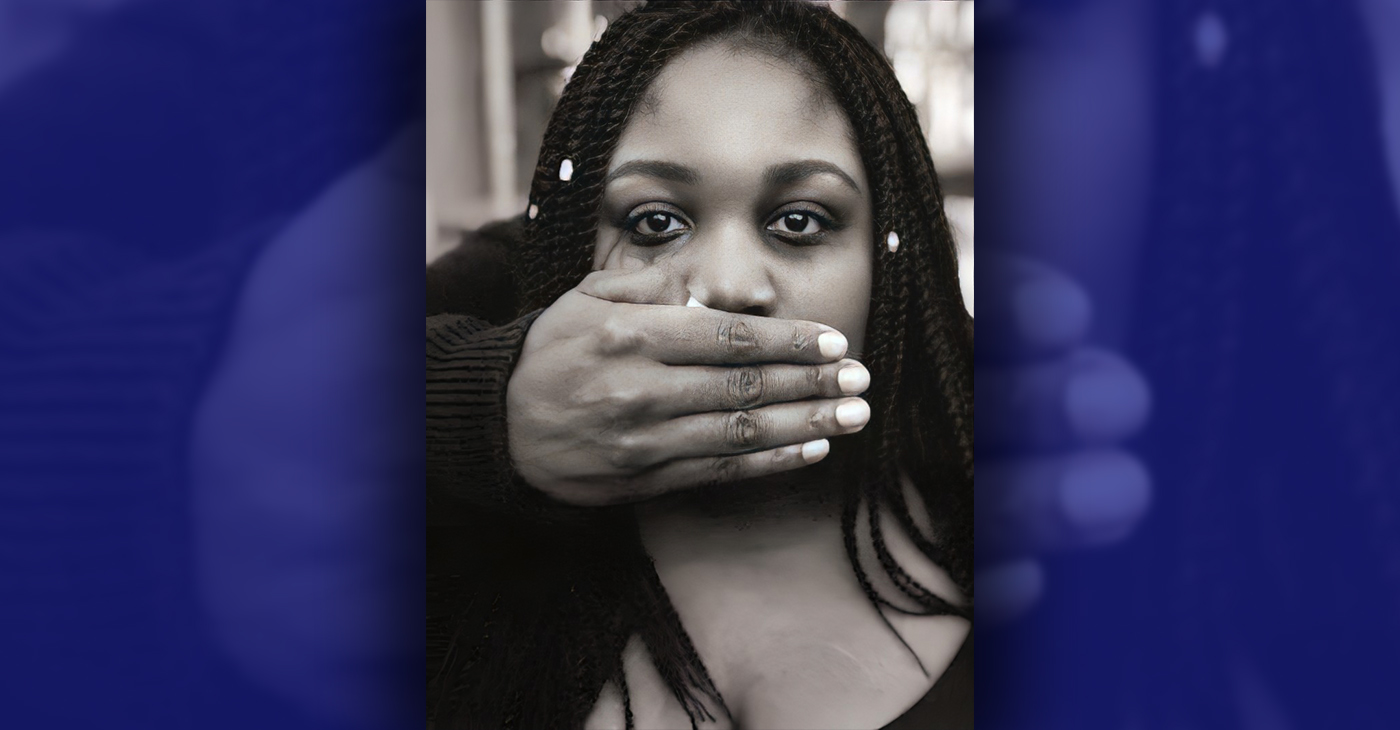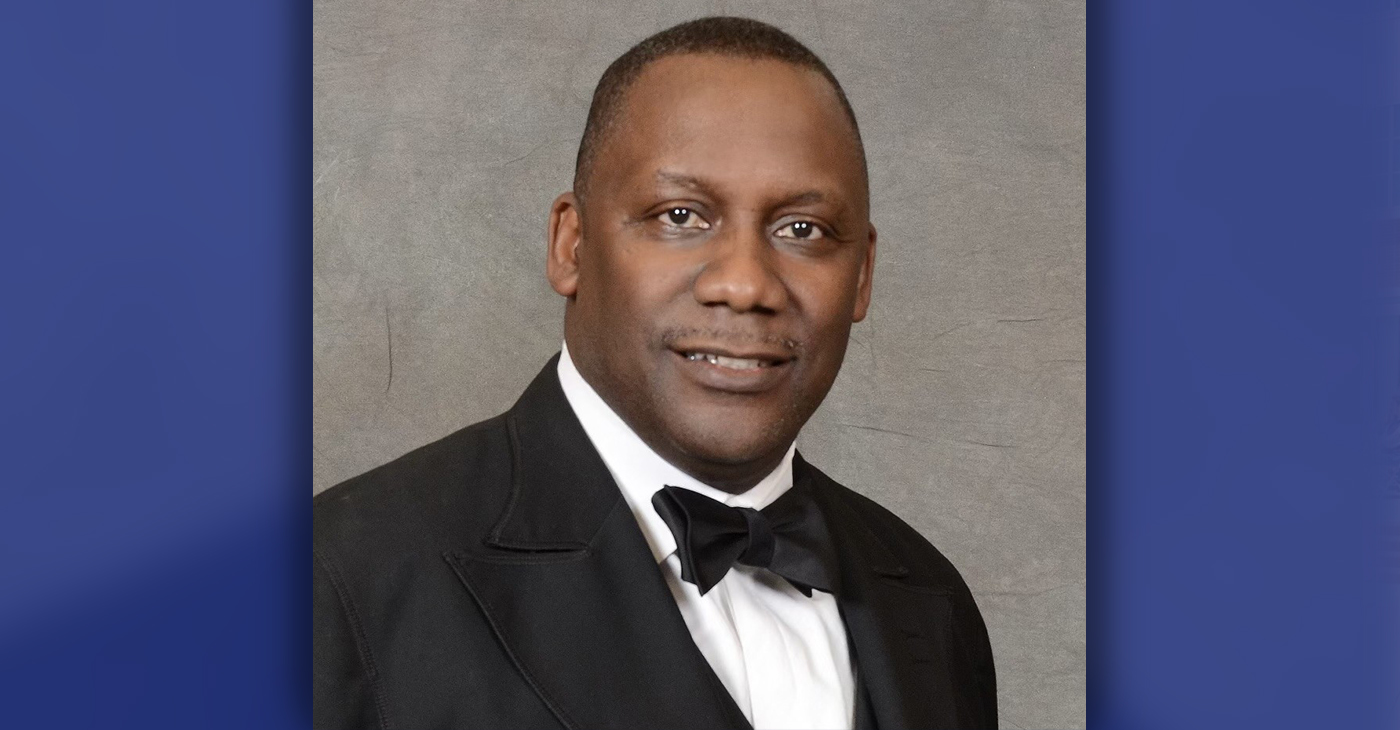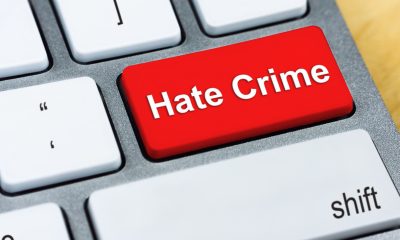Bay Area
Black, Vulnerable and Trafficked, Part 6: How Selling Sex Impacts Black Mental Health
Although California Senate Bill 357 was intended to alleviate arrests of willing sex workers under anti-loitering laws, it opened up a Pandora’s box loophole that hinders the ability of law enforcement to halt human trafficking, especially of young Black and Brown girls.

By Tanya Dennis and Vanessa Russell
Although California Senate Bill 357 was intended to alleviate arrests of willing sex workers under anti-loitering laws, it opened up a Pandora’s box loophole that hinders the ability of law enforcement to halt human trafficking, especially of young Black and Brown girls.
Over the last five weeks we’ve covered multiple ways that SB 357 and legislation like it allows sex buyers to prey on the vulnerabilities and ongoing economic instability of Black communities.
Each of the vulnerabilities – repeated trauma of poverty, racism, drug addiction, broken families — paint pictures of the difficult position that Black girls are placed in as they choose the sex industry over homelessness and hunger.
But is it really a choice when you have no other options? Black people are continually faced with coercive opportunities from the sex industry. Because they are overrepresented in the sex industry, many may think they want to be there or that they should be there, but a deeper look reveals that sex work for many is not a choice but a means to survive.
Being trafficked, aka sold to a sex buyer against one’s will, has a tremendous impact on mental health causing Complex Post Traumatic Stress Disorder (CPTSD), General Anxiety Disorder (GAD), depression, and panic disorders.
In a Psychology Today article, survivors share similar feelings:
- “I was going through life on auto-pilot”
- “I was always self-blaming”
- “I felt shame and fear”
- “I was not in touch with myself”
- “With so many secrets I felt I had to keep, I didn’t want to get really close to anyone. I didn’t want people to know what I had been through, and I didn’t want to face these things myself.”
Even those who say they voluntarily worked in the sex industry said that being reduced to a product affected their mental health.
In a Proletarian Feminist article titled “Sex Work,” Esperanza, a socialist, feminist, transgender Latina woman, and survivor of the sex trade shared that “the reality of being a transgender prostitute was not so simple. What started out as empowering in my mind quickly became a trap I couldn’t escape.
In general, 16% of the Black population is experiencing mental illness, according to a Mental Health America story on the subject. It’s no surprise that mental disorders are so prevalent in the Black community where 40% of those who are sexually exploited are Black and 1 in 5 Black women are survivors of rape.
One study reported by University of Pittsburgh Professor Rebecca Thurston in 2021 showed that people who experience sexual assault are at a higher risk of brain damage including cognitive decline, dementia, and stroke
Solving the Black mental health problem is complex. First, mental health services are not widely accepted in the Black community. There is still a stigma about seeking help, LCSWAmy Morin wrote for VeryWellMind in October of 2020. Historically, the Black community has characterized traditional counseling as something that you do when you are crazy and have completely lost control.
Talking about feelings in a chaise lounge chair and needing to take medicine can be viewed as a sign of weakness. Also, when Black people do buy into receiving mental health services, they want them from someone they feel comfortable with, someone who is culturally astute.
Unfortunately, the American Psychiatric Association (APA) reports that “only 2% of the estimated 41,000 psychiatrists in the U.S. are Black, and just 4% of psychologists are Black.”
What would happen if we had more representation in the Black mental health space that integrated important parts of our faith with clinical educational insights that can inform our healing?
We could help Black people understand that they can rewire their brains with an improved thought life and at the same time continue to pray about negative thoughts as they arise.
Several evidence-based studies have shown that prayer is highly effective in traumatized patients and yet government agencies fight tooth and nail to keep faith-based practices and services separate from government sanctioned clinical versions of mental health services.
The Oakland Frontline Healers has formed a Black mental health providers coalition. This group is making great strides to meet the needs of Black clients in non-traditional ways.
Unfortunately, when bills like SB 357 are passed without consideration for these issues and allocating funding to exit services including mental health, we are not able extend these resources to the people who need it the most.
Most of the services that Black people receive are pro bono which is indirectly taking from the Black clinician that has earned their way into this profession but once again cannot serve their own people without going broke.
This vicious cycle of Black people having to make all the sacrificing for our own people must end. It is time for legislators to discontinue using black pain to pass legislation and leave Black people with the bill.
Robust funding of exit services such as mental health, outreach, housing, workforce development is long overdue.
Tanya Dennis is the facilitator for Oakland Frontline Healers and Vanessa Russell is the executive director of Love Never Fails.
Activism
Oakland Post: Week of July 24 – 30, 2024
The printed Weekly Edition of the Oakland Post: Week of July 24 – 30, 2024

To enlarge your view of this issue, use the slider, magnifying glass icon or full page icon in the lower right corner of the browser window. ![]()
Activism
Oakland Post: Week of July 17 -23, 2024
The printed Weekly Edition of the Oakland Post: Week of July 17 -23, 2024

To enlarge your view of this issue, use the slider, magnifying glass icon or full page icon in the lower right corner of the browser window. ![]()
Bay Area
Op-Ed Senate Bill 966 Threatens Health Equity in East Bay
My East Bay community is struggling to get by. A proposed State Senate bill would set us back even further. Serving the East Bay community has been my life’s work and my greatest joy. After leaving the Bay Area to complete my seminary, I returned home to found The Community Church in Oakland. From the outset of my time as the church’s pastor, I have been guided by the belief that my service must extend beyond the pulpit, because the health and economic needs of my community are so great. Our church has organized free food banks, COVID-19 testing clinics, and a housing and re-entry program for those suffering from addiction.

By Rev. Dr. Lawrence E. VanHook
Special to the Post
My East Bay community is struggling to get by. A proposed State Senate bill would set us back even further.
Serving the East Bay community has been my life’s work and my greatest joy. After leaving the Bay Area to complete my seminary, I returned home to found The Community Church in Oakland.
From the outset of my time as the church’s pastor, I have been guided by the belief that my service must extend beyond the pulpit, because the health and economic needs of my community are so great. Our church has organized free food banks, COVID-19 testing clinics, and a housing and re-entry program for those suffering from addiction.
Through my service, I have seen the challenges that our community members are facing. Oakland, my hometown, has the third-highest rate of violent crime in the state. The local economy is strained. Oakland-based businesses are leaving our community because they’re struggling to get ahead.
Both East and West Oakland has disproportionately high rates of respiratory illness due to heavy air pollution. While our local efforts have brought some aid to those in need, we are also counting on our state elected officials to help us address the systemic health disparities afflicting the community.
Chief among the health concerns of community members is having reliable and affordable access to prescription drugs. Equitable access to medications gives us the peace of mind that we can keep ourselves and our families healthy and safe. Our community should not have to choose between paying rent or purchasing prescriptions.
Unfortunately, rather than taking action to combat soaring prescription drug prices, some California lawmakers are pushing legislation that could raise patient costs at the pharmacy counter.
The Legislature is currently considering SB 966, a bill backed by special interests that would undercut the few tools we have to keep prescription drug costs contained, letting big drug companies increase their prices, profiting on the backs of working families – some of whom already live paycheck to paycheck.
SB 966 would target the fundamental programs through which small businesses, unions, and government health programs are able to offer their employees and members quality and affordable healthcare. Millions of Californians rely on these plans to obtain essential medications at the lowest-possible cost.
The bill would make it illegal for employers and unions to incentivize the administrators of their prescription drug plans to negotiate for the lowest possible cost for prescriptions. Right now, small businesses and unions can choose to pay these administrators more for taking on big drug companies and securing discounts – a choice that will be outlawed under this bill.
As a result, employers will have no leverage to stop big drug companies from setting sky-high prices, disproportionately impacting working families.
As these health costs quickly add up, employers will have little choice but to pass the increases down to their employees. That means California patients will see higher healthcare costs and co-pays.
From my perspective, most concerning is that the bill would exacerbate the health disparities impacting my community and other underserved populations. If SB 966 becomes law, the most vulnerable may be forced to skip prescription doses, stop filling their prescriptions, and avoid essential care.
By rejecting this cash grab by big drug companies, our state elected officials can send a clear message that they stand with the community, patients, and working families.
We cannot afford SB 966.
Rev. Dr. VanHook is the founder and pastor of The Community Church in Oakland and the founder of The Charis House, a re-entry facility for men recovering from alcohol and drug abuse.
-

 Arts and Culture3 weeks ago
Arts and Culture3 weeks agoRooted in Tradition: The Intricate History of Black Hair Braiding
-

 Bay Area4 weeks ago
Bay Area4 weeks ago“I Will Not Be Bullied,” Says Oakland Mayor Sheng Thao
-

 Bay Area2 weeks ago
Bay Area2 weeks agoPG&E Increases Rates While Bay Area Households Are Struggling to Stay Afloat
-

 Business3 weeks ago
Business3 weeks agoGov Newsom: Raising Fast Food Minimum Wage to $20 Pays Off as Jobs Multiply in Industry
-

 Activism4 weeks ago
Activism4 weeks agoOpponents of Mayor Sheng Thao Are Calling on Her to Resign Following FBI Raid
-

 Community1 week ago
Community1 week agoHundreds Come to Jehovah’s Witnesses’ Assembly Hall for Three-Day Program of ‘Good News’ in Fremont
-

 Bay Area2 weeks ago
Bay Area2 weeks agoJuneteenth Mass Shooting Suspect Charge with Multiple Counts of Felony Assault by Alameda County DA Pamela Price
-

 Activism4 weeks ago
Activism4 weeks agoOakland Coliseum Sale to AASEG: A Model for Community Development and Inclusion



















































